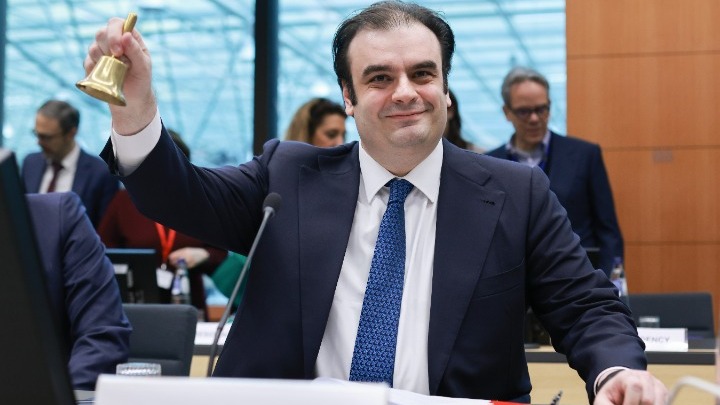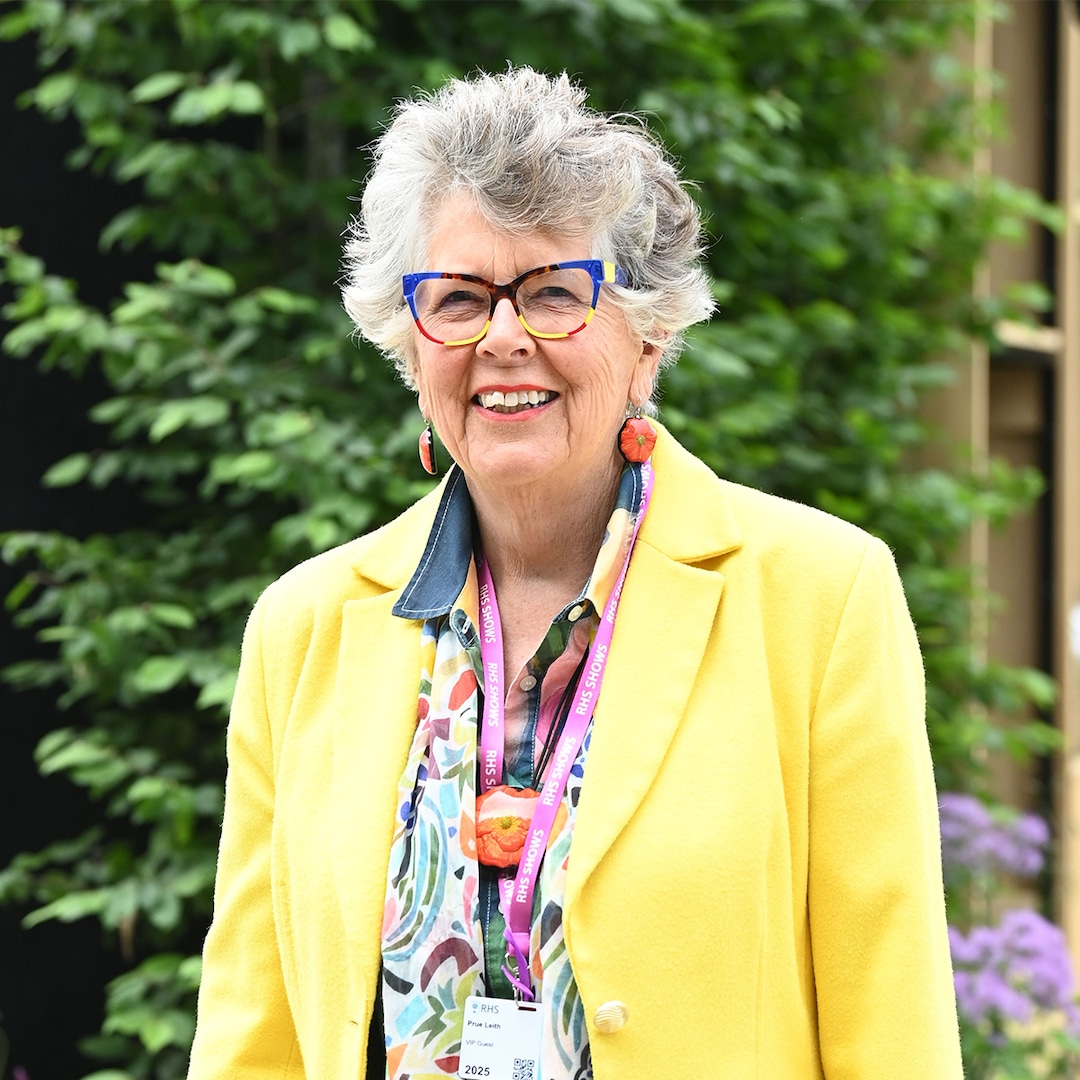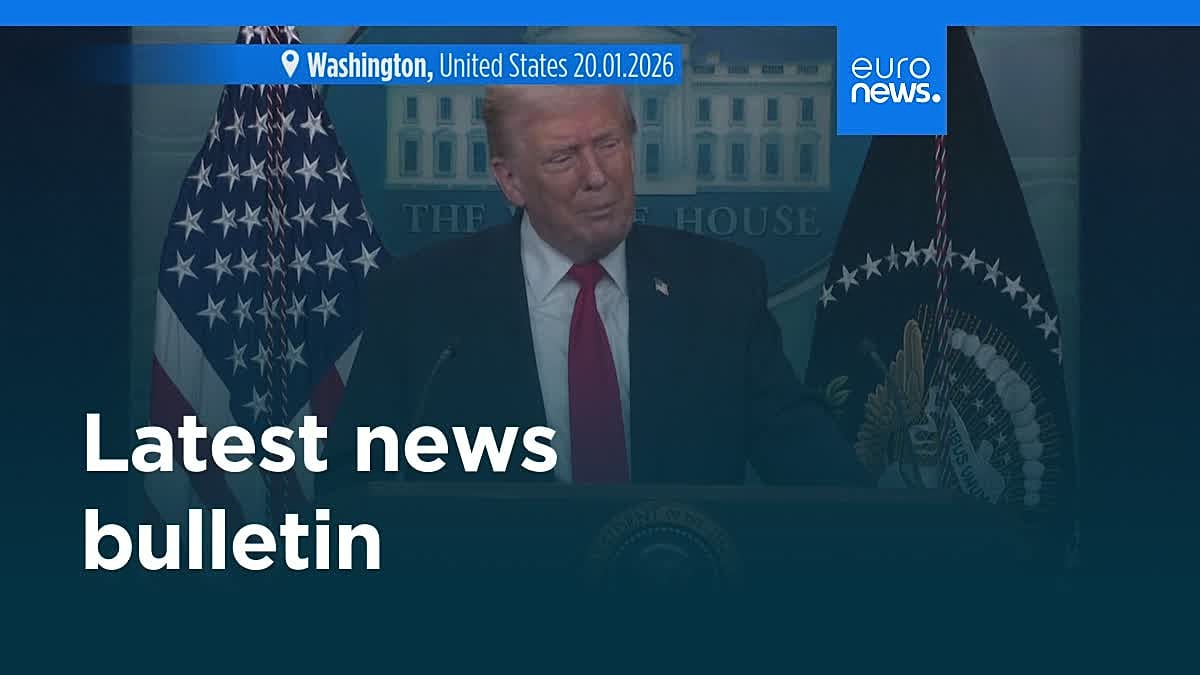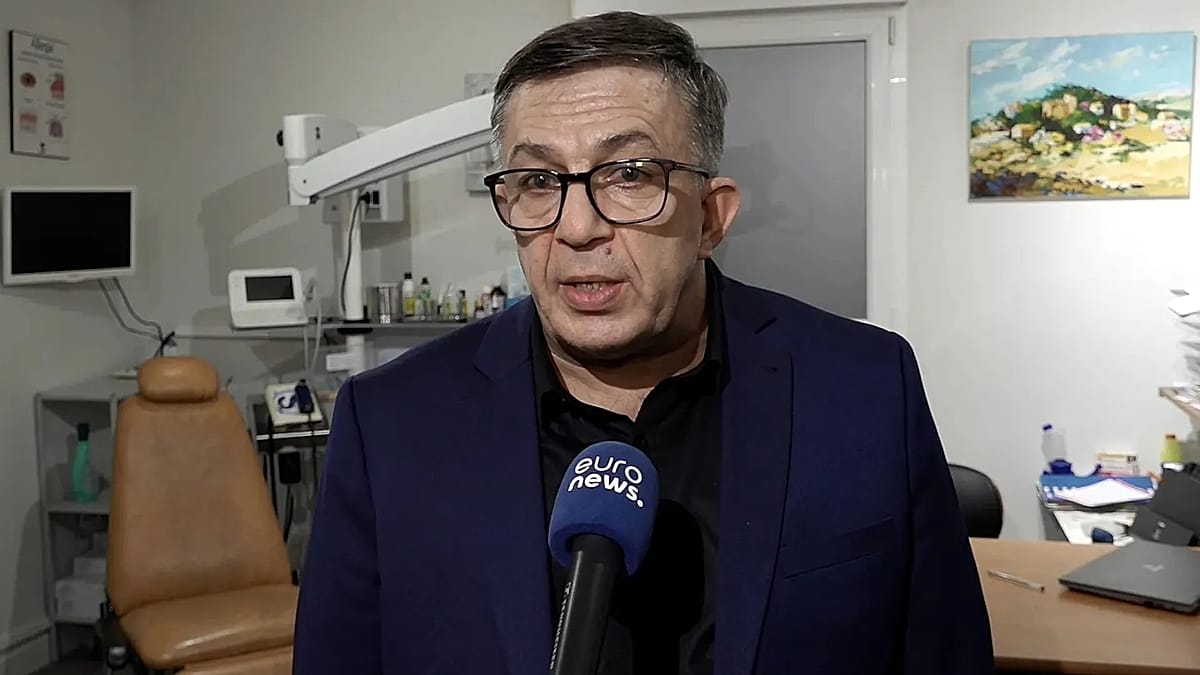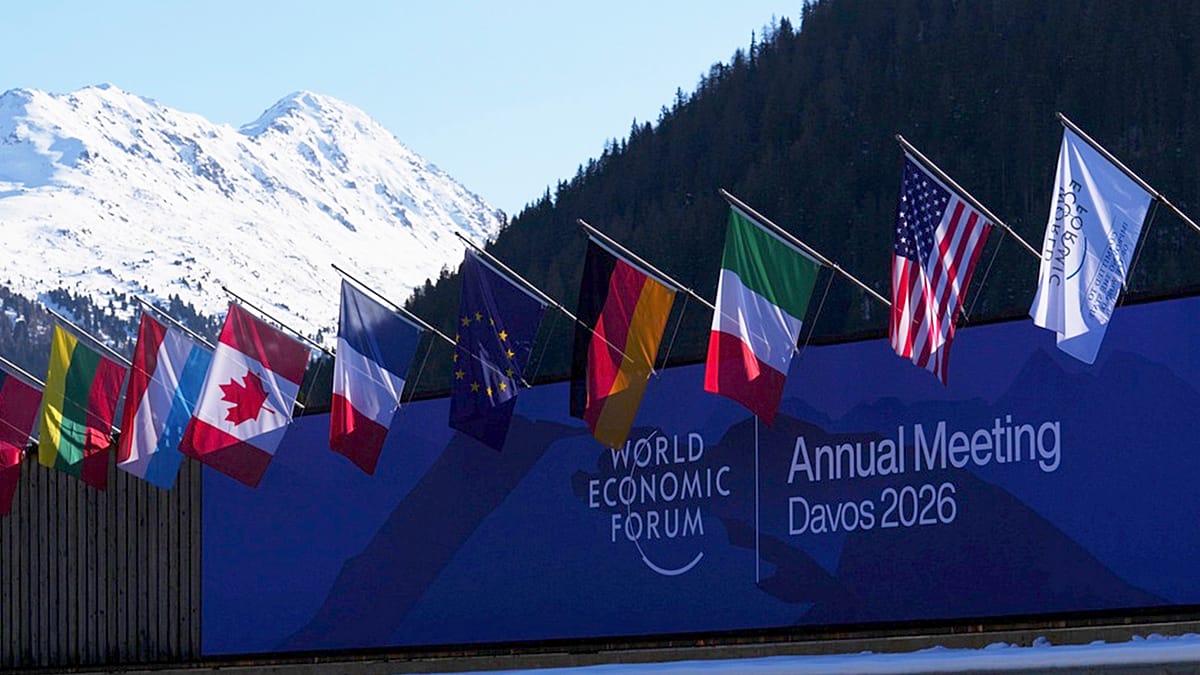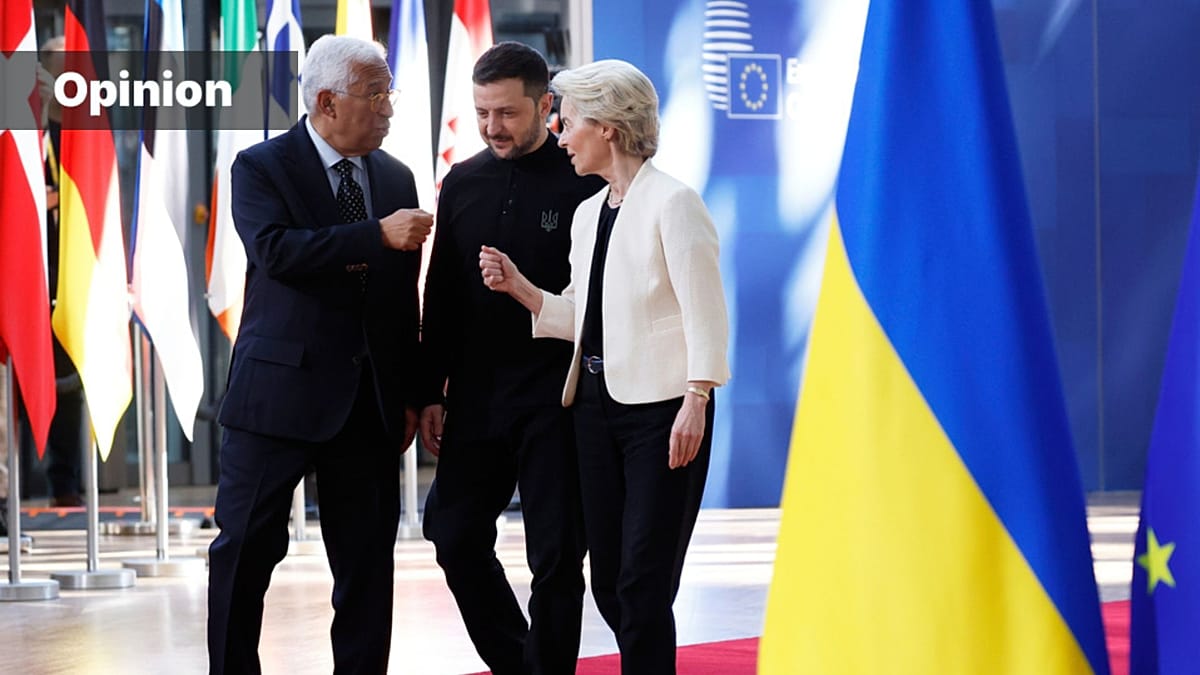Charting the AI Frontier: Proven Strategies to Attract Talent, Ignite Innovation, and Drive Real-World Impact


Renand Grando is the Senior Manager of AI Strategic Partnerships at Linde PLC and the driving force behind the company’s global AI hub in Lisbon, where he has led AI-driven transformations in logistics and sustainable operations.
With dual master’s degrees in applied information technology and business administration, Marketing & Operations, Renand excels at turning complex AI concepts into practical strategies for business growth and efficiency.
In this exclusive interview with The Champions Speakers Agency, the renowned artificial intelligence speaker draws on his experience interviewing hundreds of AI professionals and building cross-border partnerships to explain how leaders can attract and retain top AI talent—and why it takes more than just competitive salaries.
Q: What strategic levers should CEOs and CHROs pull to win—and keep—top AI talent in today’s competitive market?
Renand Grando: “Work. So, generally, I believe talent is driven by either money, career growth, or purpose, and the best leaders know how to address all of these three. The thing is, not everyone is looking for the same thing. Some people do want the career growth; others want to deep dive into technical expertise, technical challenge when it comes to AI technical talent. Some just want to balance their work with family, focus on doing a job right, go home and take care on other things that make them fully happy.
“Attracting and retaining this top AI talent is definitely something I’ve become familiar with. I interviewed hundreds, if not thousands, of people the past two years, and I’ve learned that it’s not only about just throwing money, right? Specifically, for this new generation, they really want to solve real problems, working with cutting-edge tools and models and see the impact of the work to see if that really matters, right?
“The leaders should guide their teams, understand really what in the hand really drives them, be clear and transparent about what’s possible for expectation management of that prospective employee, establish the right working rhythm. And honestly, we also need to stop expecting that one person would handle everything AI-related, which is pretty common in many businesses. A data scientist, for example, cannot do the work of a data engineer, a developer, a product manager, and a machine learning engineer at the same time. That’s really a fast track to frustration and burnout.
“Yeah, so to attract the best overall, you also have to think globally in partnering with universities, start-ups, other organisations, and tap into these really diverse pools. We have the world at our availability, let’s say. Do not overlook soft skills, as the talent demands more and more dynamic teams. Things like communication, business awareness, teamwork really make all the difference.
“And yeah, when it comes to this new generation that I mentioned, people do want more purposeful. There might be some kind of changes across cultures, but overall, if the person doesn’t understand that they are part of this bigger picture, if they feel that they’re just checking their boxes, I do think the chances are high this person will drop out. And they do receive multiple proposals per week in their LinkedIn mailboxes. So, it’s just not enough to say, “Hey, this is your job, let’s do this.” It is important to see what matters.
“And one tip that I can give is: let’s ask them, right? What do you want to do to build up your skills and to make an impact in the work you do? So, at the end of the day, it’s about building the right foundations. If you invest now in the right people, the environment will thrive. They’ll stick around, and I’m pretty sure they’re going to do their best.”
Q: Which organizational practices and governance models have you found most effective at catalyzing genuine innovation, rather than incremental tweaks, within AI-driven teams?
Renand Grando: “Work. I like this question. Innovation starts with leadership setting really a clear tone. Curiosity and experimentation should be encouraged in practice. It isn’t about just asking the teams to be innovative, right? It’s just about removing the barriers that will hinder their innate creativity.
“Too much processes, for example, will kill good ideas before they even begin. So, there should be room for flexible and cross-functional collaboration. Also, a dedicated budget — kind of a risk-taking budget — to invest in these small ideas is also very important. Because, by the end of the day, it’s a numbers game. The more ideas you try, the more innovation channels you have, the more chances of succeeding, right?
“I do not think innovation thrives in back-to-back meetings, really structured with very structured models. I don’t think that. I think teams need to have this unstructured time to think, experiment freely, test ideas without worrying too much about initial ROI. This could be dedicated free sprints, for example, or just encouraging different, you know, off-the-beaten-path during projects.
“Another tip that I particularly give — and I think I like this one — is to involve externals. External collaborators or companies or even consultancies will share a completely different perspective, which is usually outside of your business bubble. And they usually have more concrete incentives or commercial incentives to make wins, right? So, I think this is an important part and also gives a different perspective for everyone involved in this innovation cycle inside the business.
“You know that it’s difficult to motivate regular employees doing their regular jobs to go beyond that job, so it’s relevant to keep the momentum by having other faces on board with different incentives.
“Finally, don’t forget to track and celebrate the smallest wins, right? There are some teams that even make habits to celebrate these wins through video lunches or snacks. This is also important to build momentum — not about perfection — and also takes something tangible and inspiring, so for everyone to be involved. It’s not about definitely vague brainstorming. Just about, yeah, creating the conditions and the environment for ideas to emerge and also empowering the teams to experiment in meaningful.”
Q: After decades of speaking on AI’s promise and pitfalls, what core insight or actionable framework do you most want executives and practitioners to walk away with?
Renand Grando: “Ways. Recently, I participated in a panel entitled Is the AI Bubble About to Burst?, and this question does reflect a growing impatience among businesses eager to see real tangible value from AI.
“I would like to address this impatience head on. Right. So, I am driven to see broader AI adoption. Also, just today I came across a statistic showing that most Gen AI adopters are young males in highly industrialised countries, right? This tells me that we have a long way to go in making AI accessible and impactful for diverse demographics and industries.
“So, basically, I have three objectives. First, I would like people to feel empowered. I know AI can seem intimidating at first and is not out of reach though. Second, I would like to inspire them to see the opportunities and real value that AI creates — not just for big players or tech experts, but for anyone willing to learn and adapt.
“And third, I want to demystify AI, take it out of this hype cycle. Too many are frustrated, right? Because, as I mentioned, they’re chasing this trend without seeing real results. And my goal is to bring it back to practical, concrete use cases in the industry that are particularly involved, that I see are solving real problems and building long-term value.
“I know that the time of AI is now. As we move towards sustainable energy, large-scale production of chips and sensors, the democratisation of AI models — we are pretty much on the brink of a very different world. This progress makes AI more accessible than ever. They are transforming industries and our social life in ways we’re just beginning to understand.
“It’s about a whole new generation using ChatGPT now to grasp all their answers. It’s a nice time, and I would like an audience to embrace it and to understand that.
“Finally, I like to give practical takeaways — not only to leave people inspired with information, but with instruments that they can take from, that they can start using the next day, whether about a framework or a particular tool that they can use.
“Ultimately, I think people should leave with confidence. Not only see AI for a technical bubble, but it’s for everyone. So they can also be part of shaping this future. And then I’m done. I’ve done my job.”
This exclusive interview with Renand Grando was conducted by Mark Matthews of The Motivational Speakers Agency.
The post Charting the AI Frontier: Proven Strategies to Attract Talent, Ignite Innovation, and Drive Real-World Impact appeared first on European Business & Finance Magazine.


